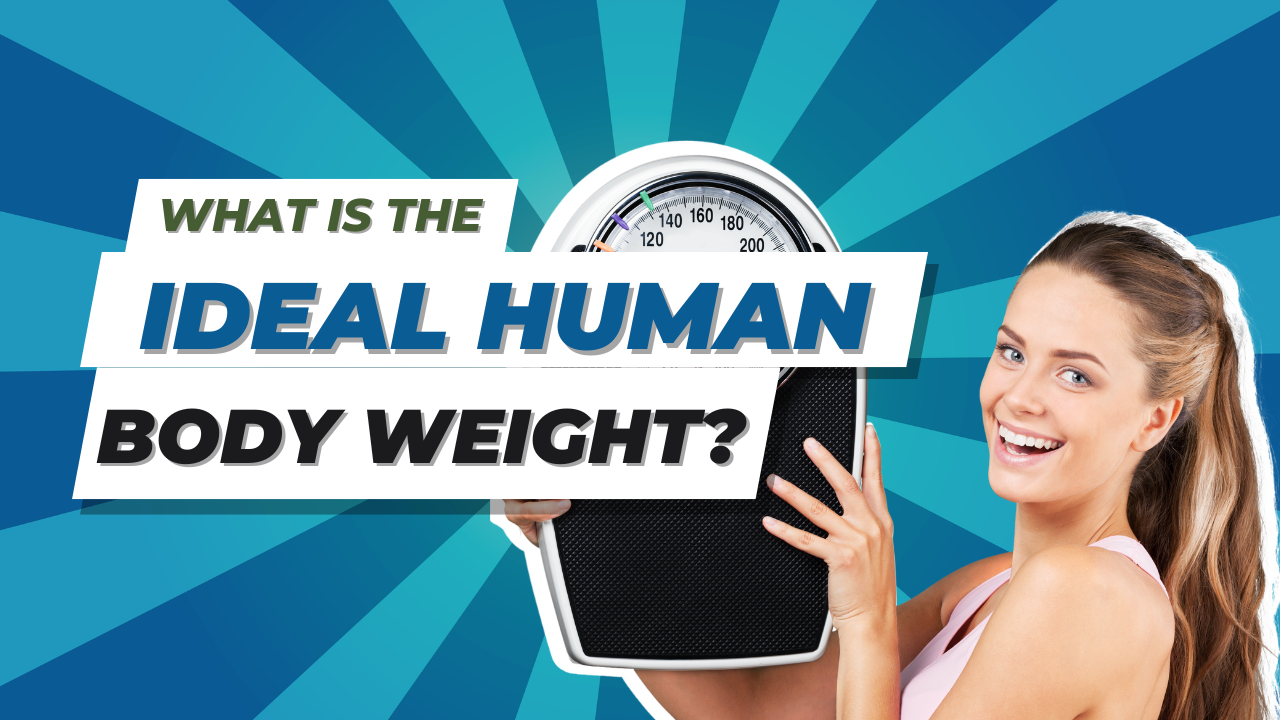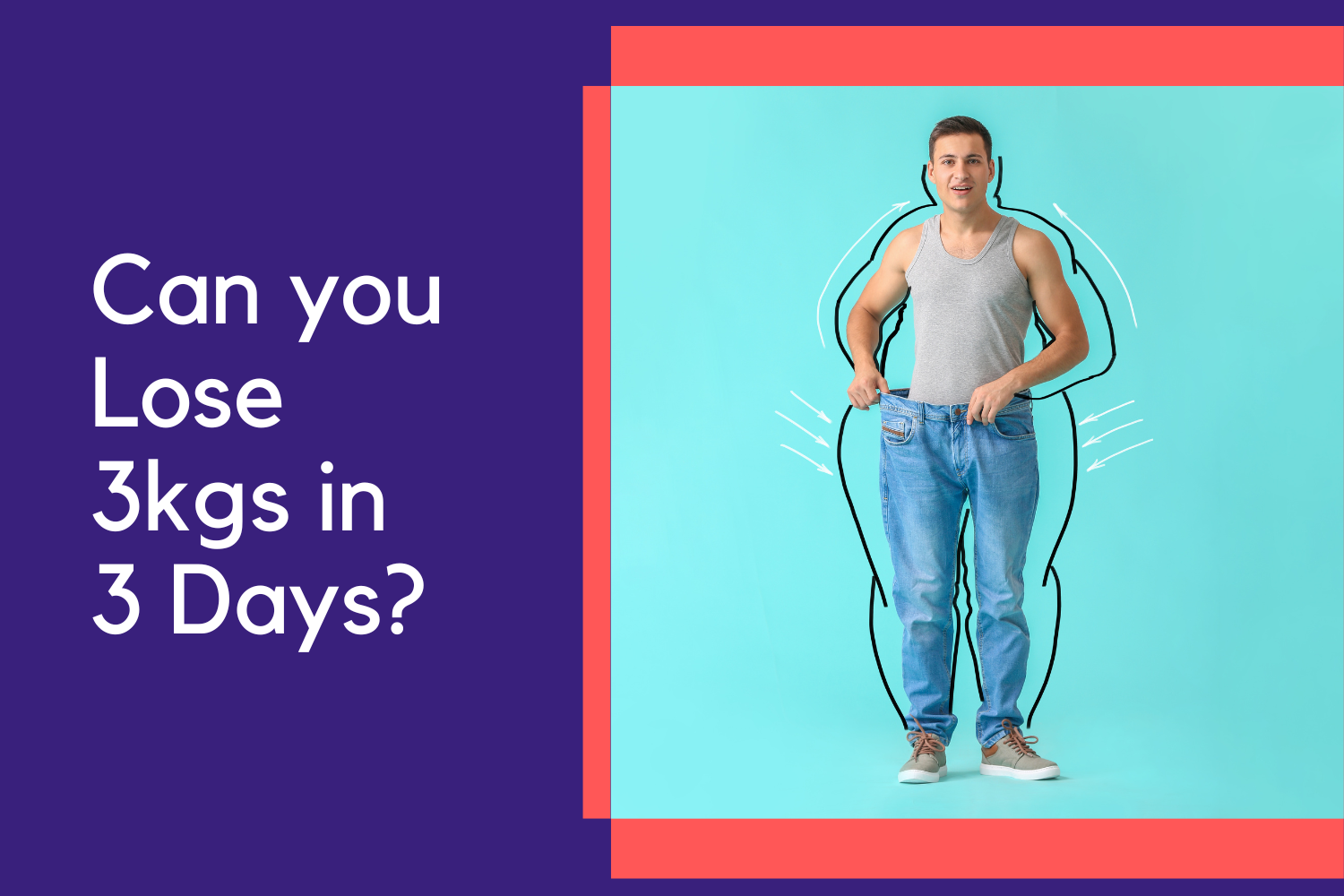The Basic Science of Weight Loss

Weight loss is a topic that garners significant attention in our society. Many people embark on weight loss journeys, and countless diets and fitness plans promise quick results. However, before diving into the myriad of weight loss methods available, it's essential to understand the basic science behind it. This knowledge can empower you to make informed choices and set realistic expectations for your weight loss journey. In this blog post, we'll explore the fundamental principles of weight loss and how your body works to shed those extra pounds.
Calories In vs. Calories Out
At its core, weight loss is a matter of energy balance. To lose weight, you must consume fewer calories than your body expends. This concept is known as "calories in vs. calories out."
1.1 Caloric Intake
- Your body requires a certain number of calories to maintain its current weight. This is called your maintenance calories.
- Consuming fewer calories than your maintenance level creates a calorie deficit, which is essential for weight loss.
1.2 Caloric Expenditure
- Your body expends calories through various processes, including basal metabolic rate (BMR), physical activity, and digestion.
- BMR represents the calories your body needs to perform essential functions like breathing and maintaining body temperature.
1.3 Creating a Calorie Deficit
- To lose one pound of body weight, you need to create a calorie deficit of approximately 3,500 calories.
- You can achieve this deficit by reducing your calorie intake, increasing your physical activity, or a combination of both.
The Role of Macronutrients
While the quantity of calories matters, the quality of those calories is equally important. The three primary macronutrients—carbohydrates, proteins, and fats—play distinctive roles in your body's weight loss journey.
2.1 Carbohydrates
- Carbohydrates provide a quick source of energy for your body.
- Reducing the consumption of refined carbohydrates and sugar can help stabilize blood sugar levels and prevent overeating.
2.2 Proteins
- Proteins are crucial for muscle repair, maintenance, and growth.
- A high-protein diet can increase feelings of fullness and boost metabolism, aiding weight loss.
2.3 Fats
- Healthy fats, such as those found in avocados and nuts, support overall health and satiety.
- Including these fats in your diet can help control cravings and prevent overeating.
The Importance of Portion Control
Even with a balanced diet, consuming too many calories, even from healthy foods, can hinder weight loss progress. Portion control is a key component of managing caloric intake.
3.1 Mindful Eating
- Paying attention to hunger and fullness cues can prevent overeating.
- Eating slowly and savoring your food allows your body to recognize when it's satisfied.
3.2 Smaller Plate Strategy
- Using smaller plates and bowls can trick your brain into thinking you're consuming larger portions.
- This psychological trick can help control portion sizes.
The Role of Exercise
While diet plays a significant role in weight loss, exercise is another critical component. It not only helps create a calorie deficit but also offers several other benefits:
4.1 Boosting Metabolism
- Regular physical activity can increase your resting metabolic rate, helping you burn more calories even at rest.
4.2 Preserving Muscle Mass
- Cardiovascular exercise, along with strength training, can help preserve lean muscle mass while losing fat.
4.3 Psychological Well-Being
- Exercise releases endorphins, which can improve mood and reduce stress, potentially reducing emotional eating.
Understanding Weight Loss Plateaus
It's common for weight loss progress to slow down or stall at times. Understanding weight loss plateaus can help you stay motivated and make necessary adjustments:
5.1 Metabolic Adaptation
- Your body may adapt to lower calorie intake by slowing down your metabolism.
- Incorporating occasional "cheat meals" or refeeds can help reset your metabolism.
5.2 Changing Exercise Routine
- Varying your workouts can prevent adaptation and keep your body challenged.
The Role of Sleep and Stress
Sleep and stress management are often overlooked but play crucial roles in weight loss:
6.1 Sleep
- Lack of sleep can disrupt hormones that regulate hunger and appetite.
- Aim for 7-9 hours of quality sleep per night to support your weight loss efforts.
6.2 Stress
- High stress levels can lead to emotional eating and cravings for unhealthy foods.
- Practicing stress-reduction techniques like meditation and deep breathing can be beneficial.
Weight loss is a complex process, but it's rooted in simple principles of energy balance, nutrition, and lifestyle. By understanding the basic science behind weight loss, you can make informed decisions about your diet and exercise regimen. Remember that sustainable weight loss is a gradual journey, and it's essential to set realistic goals and be patient with yourself. Seek support from healthcare professionals or nutritionists if needed, and focus on creating a balanced, healthy lifestyle that supports your long-term well-being.


